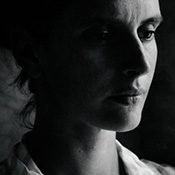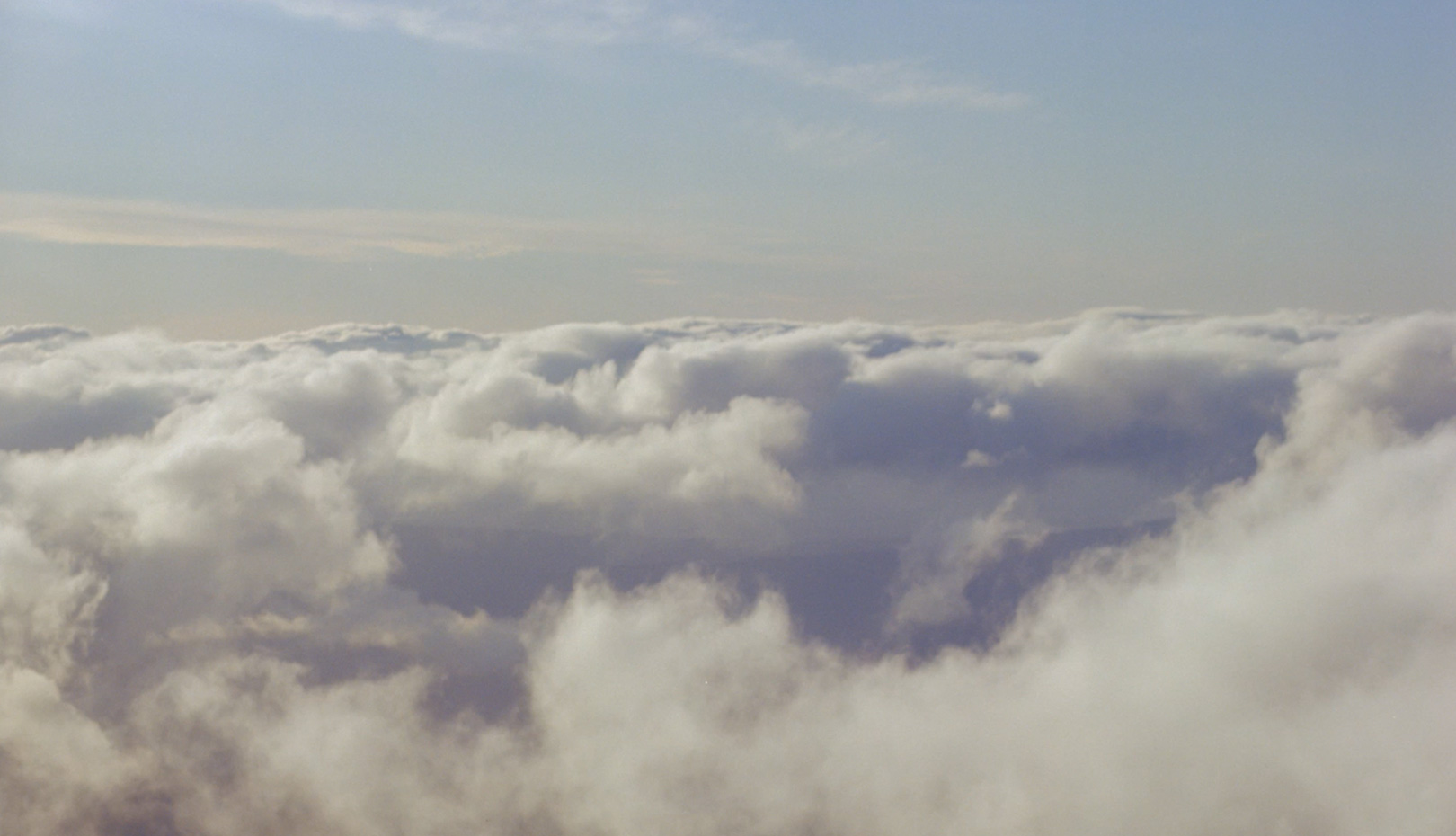24th(2022)
| Opening Film (1) | Discovery (12) |
| Asian Shorts (20) | I-Teens (6) |
| New Currents (26) | The Landscape of Here in Now (5) |
| Polemics (6) | Queer Rainbow (7) |
| Feminist Collective (9) | The moments with Yeri HAN (10) |
| Remembering Oblivion (4) | Restored (10) |
| Film X Gender (2) | Barrier Free (1) |
| Documentary Ock Rang (2) | Special Screening (1) |
| In Memory of KANG Soo-yeon (1) |
Icarus (after Amelia)
Margaret SALMON
- United Kingdom
- 2021
- Asian Premiere
- 58min
- DCP
- color
Asian Premiere
SYNOPSIS
PROGRAM NOTE
According to ancient Greek mythology, the experience of flying into the sky was permitted only to Daedalus, the male architect, inventor, and sculptor, and his son Icarus among human beings. This film features the voice of Amelia Earhart, the first woman to fly across the Atlantic in 1928, who went missing over the Pacific Ocean in 1937. Moreover, it contains the 1935 interview of Mrs. Gallagher, who saw Amelia’s landing in North Ireland. In addition, it presents the sky and clouds that Amelia would have encountered. These images, which we imagine she actually saw, are the result of the labor of the hands that grabbed the controls of the airplane or operated the camera.
According to Harun Farocki, who advocated the pedagogy of images by recycling aerial photographs of war records, the perception of the eyes travels to the senses of the hand, and the hands do what the eyes imagine. The driving forces that allow humans to lead labor, play, and art (including film) likewise come from the relationship between the eyes and hands. If the connection between the eyes and hands has often led to wars in the male-dominated world history (as with the history of flight), Glasgow women’s hands during the war-like pandemic situation are still busy with livelihood, caring labor, and creative activities.
In the film, women are working for logistics at rescue service centers, hospitals, grocery shops, offices, and houses holding equipment, computers, sewing machines, laundry, and household goods; some are developing photographs, training in juggling, and singing the history of workers’ solidarity. The camera ARRI C2 35mm documents their hands, faces, and bodies (including the film crew filming handheld). Engraving their labor and conditions, the film creates a visual archive of labor discourse that has been hidden and proves the existential dignity of women of the time by continuing to depict the hands, gestures, voices, and lives of a Syrian Kurdish refugee musician, in addition to full-time domestic workers who have been neglected more because they do not belong to the wage labor sector. [SHIN Eun-shil]
Director
-

Margaret SALMONMargaret SALMON
Born in New York in 1975, Salmon now lives and works in Glasgow. Concerned with a shifting constellation of relationships, such as those between the camera and the subject, humans and animals, and autobiography and ethnography, Salmon’s films often examine the gendered, emotive dynamics of social interactions and representational forms.


